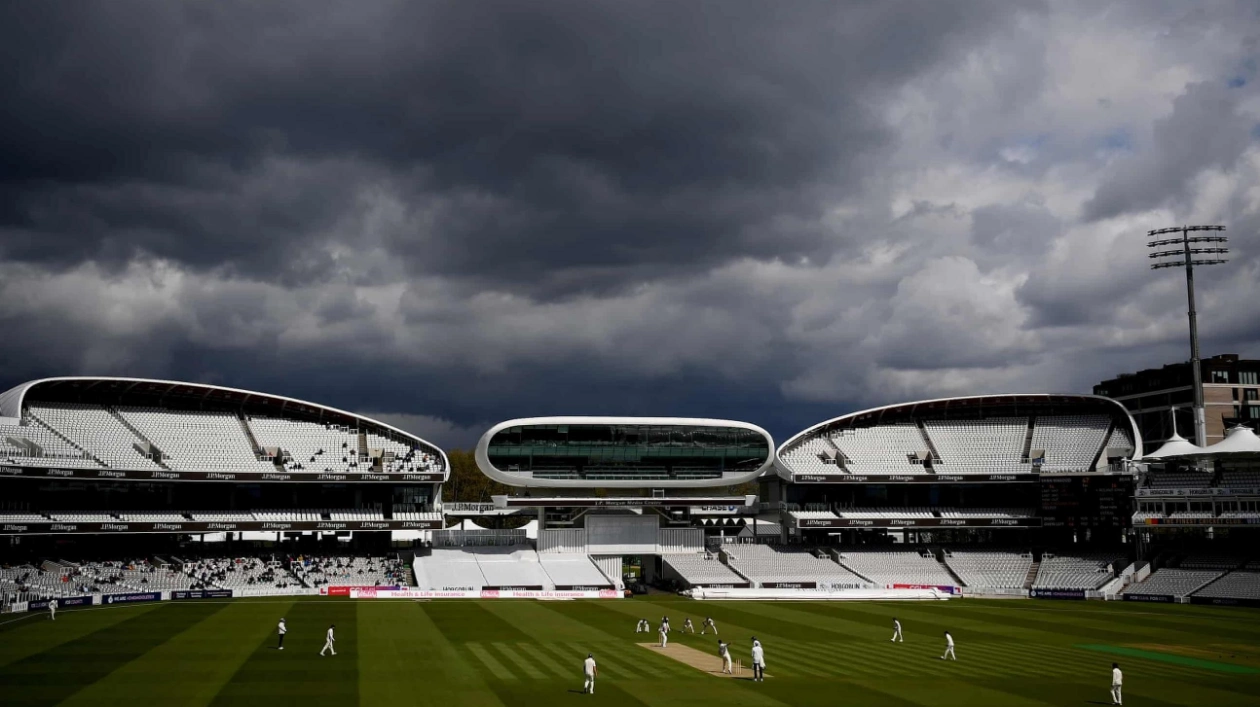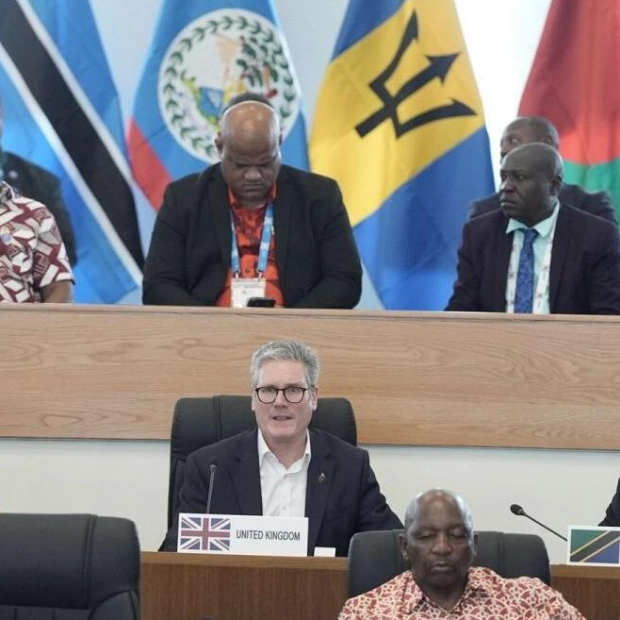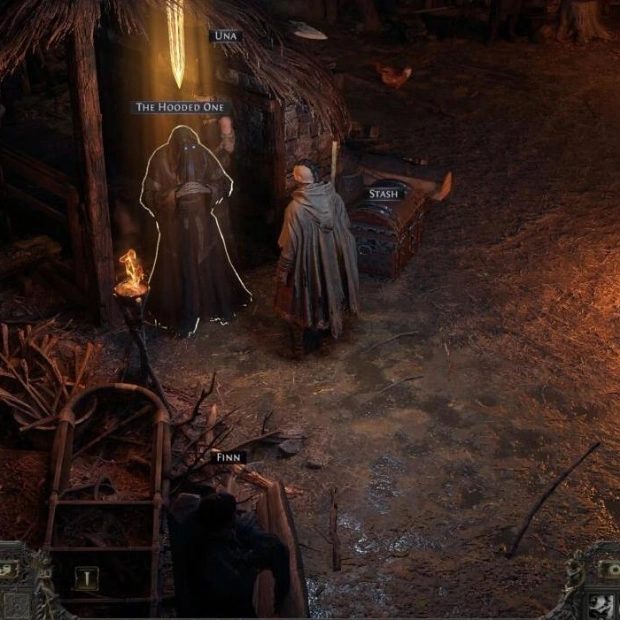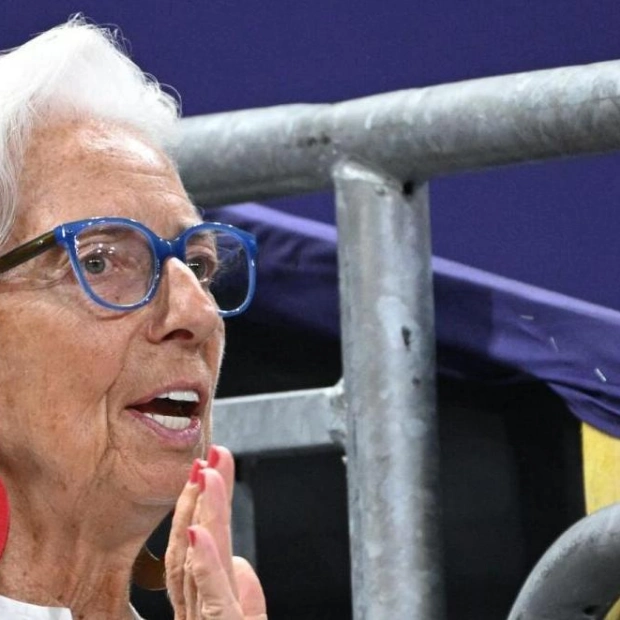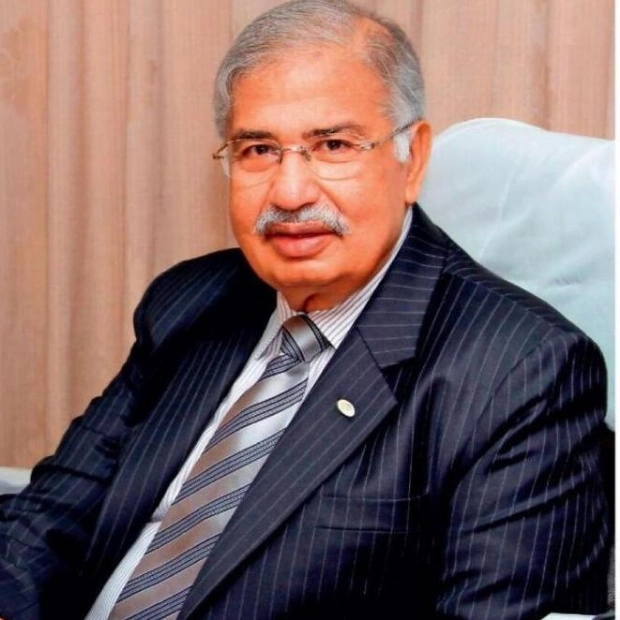Middlesex's 160-year history has seen its share of challenging seasons, but Martin Williamson, a member for nearly five decades, struggles to remember a more difficult one. 'The mood among members is one of apathy and resignation,' he laments. 'It's truly disheartening.' Richard Sykes, the club's chairman, didn't mince words in his end-of-year financial summary, stating that '2023 has been one of the toughest years in the club's history.'
A quick glance at Middlesex's recent performance reveals more red flags than a Chinese national holiday. Last season's failure to secure promotion to the first division of the county championship was compounded by a dismal white-ball campaign, which yielded just six victories in the T20 Blast and One-Day Cup combined. The contributions of former England players Sam Robson and Toby Roland-Jones weren't enough to propel a squad brimming with young talent, such as Josh de Caires, to success. The decision to release veteran opener Mark Stoneman due to financial constraints is unlikely to improve the team's fortunes.
Off the field, turbulence has matched the on-pitch underperformance. Middlesex is awaiting the outcome of a second disrepute charge within a year, has lost Tier One status for their women's team (and the accompanying central funding), and faces uncertainty over how long they will continue to play at Lord's. As reported by the Guardian, their landlord, the MCC, has granted Middlesex a 12-month lease extension to ensure most matches take place at the iconic ground next season, but the long-term future remains unclear.
Meanwhile, the changes at the other side of Lord's are more dramatic. This week, MCC members overwhelmingly voted to accept a 51% stake in the Hundred franchise London Spirit offered by the ECB, with the remaining 49% to be sold to private investors. In the first round of bidding, London Spirit reportedly attracted the highest offer among the eight Hundred teams, with Indian billionaire Sanjiv Goenka valuing the franchise at £140m—a stark contrast to Middlesex's financial reality. The Ambani family, owners of the Mumbai Indians, are also expected to bid for London Spirit, making it clear that Middlesex's issues are not a priority for the MCC.
The addition of London Spirit's home games has negatively impacted Middlesex's attendance figures, with crowds for once-popular T20 Blast matches significantly dropping. Last summer, fewer than 13,000 attended matches against Essex, Somerset, and Glamorgan, and two home fixtures were moved to Chelmsford to save costs. While the London derby with Surrey attracted 17,000 spectators, the corresponding match five years ago drew over 27,000. In contrast, Surrey's T20 Blast crowds have remained robust despite hosting Oval Invincibles' Hundred fixtures, regularly selling out at 27,500.
In a candid moment at a Middlesex members' forum in September, CEO Andrew Cornish outlined the club's financial woes and their search for external investment. 'This winter, we will be having some very interesting conversations,' he said. 'If we do nothing, I firmly believe our relevance will vanish, and we'll find ourselves playing cricket in 20 years' time in Regent's Park.' Cornish confirmed to the Guardian that Middlesex is seeking funding to establish a new ground, although Lord's would remain their primary home. 'Playing at Chelmsford saved us around £70,000 last year, and we would like a semi-permanent base,' he added. 'As part of these discussions, we've also explored securing external investment.'
Cornish has stabilized Middlesex's finances since his appointment three years ago, with the club posting its first profit since 2016 of £131,000 last year. However, this was largely due to cost-cutting measures that have significantly affected the team's performance. Surrey's profit before tax last year was £7.6m on a turnover of £65m, while Lancashire made £5.3m, despite having £32m in debts from redeveloping Old Trafford and building a hotel. Unlike Middlesex, these counties profit significantly when a Test match is held.
As a business, Middlesex shares more similarities with other second-division counties and has adjusted accordingly. The club did not sign an overseas player last season and has no plans to do so next summer. Additionally, at least two of the T20 Blast matches that were once marquee events will again be moved away from Lord's next summer.
Cornish is viewed as a divisive figure by some. He previously served as CEO at Somerset, where he was dismissed in 2020. Some of his financial decisions at Middlesex have raised eyebrows, particularly regarding executive pay and the club's use of the expensive London law firm, Carter Ruck. Middlesex's 2023 accounts show that the salaries of the club's five-member senior leadership team, including Cornish, rose by 8% last year. Meanwhile, membership numbers fell by around 200 to 7,050, less than half of Surrey's figure. The club attributed this to a 4% cost-of-living pay rise for all staff, with some senior executives receiving performance-related bonuses.
'To give executives significant pay raises while the club is under investigation by the ECB seems extraordinary,' says Williamson, a former senior executive at Sky News and Sky Sports. 'The club's governance is in complete disarray.' The investigation resulted in Middlesex being charged with improper conduct by the Cricket Regulator in June after the ECB received multiple complaints about the behavior of a member of the club's senior leadership team. A hearing took place in September, and a verdict is expected soon, with Middlesex denying any wrongdoing.
Middlesex was already placed in special measures by the ECB due to governance concerns. In September 2023, the club was fined £50,000 by the ECB and given a suspended points deduction after being found guilty of misusing central funding allocated for youth and grassroots programs on their first team. The ECB now oversees the club's finances and has the right to attend board meetings. Despite this, Middlesex continues to offer free coaching to talented boys and girls in their pathway programs, unlike some larger counties, including Surrey.
The issues at Middlesex predate Cornish's arrival, who inherited a six-figure black hole in the club's pension provisions and debts to HMRC from the previous regime. The lack of a long-term contract with the MCC is a significant concern. While the MCC charged Middlesex rent and provided gate receipts for nearly 150 years, the arrangement was reversed in 2015, with the club now paying around £200,000 to host matches and retain revenue. The uncertainty caused by the Hundred sales process is a clear factor, but MCC officials are also concerned about aspects of Middlesex's governance.
'If I were Middlesex, I would consider a change at the top to improve relations with the MCC,' said a key figure in county cricket. 'There are some personnel issues and personality clashes that are not helping.' As Cornish suggested, Middlesex's options away from Lord's are limited. In addition to the two games at Chelmsford, they played at Radlett and Merchant Taylors' School last summer, while Uxbridge and Richmond have also been used, but none of these grounds are viable long-term alternatives.
Past discussions about staging matches at a new ground in Barnet have not yielded tangible plans. 'Some argue a new ground would give the club control over its destiny, but Middlesex cannot survive without Lord's,' says Williamson. 'Members remain loyal because of Lord's, and none of the other options are viable.' Cornish is equally convinced of Lord's centrality to Middlesex's future and insists a long-term agreement can be reached. 'We're waiting to assess the impact of the Hundred auction, but there's no drama,' he said. 'We're strategic partners with the MCC, and the relationship is strong. The negotiations focus on commercial details—how much we pay for hospitality, the number of bar staff needed for Middlesex matches. It's about minutiae rather than the macro issue of whether we stay at Lord's.'
Despite dwindling crowds, Middlesex's members and executives seem united in their desire to remain in St John's Wood.
Source link: https://www.theguardian.com
